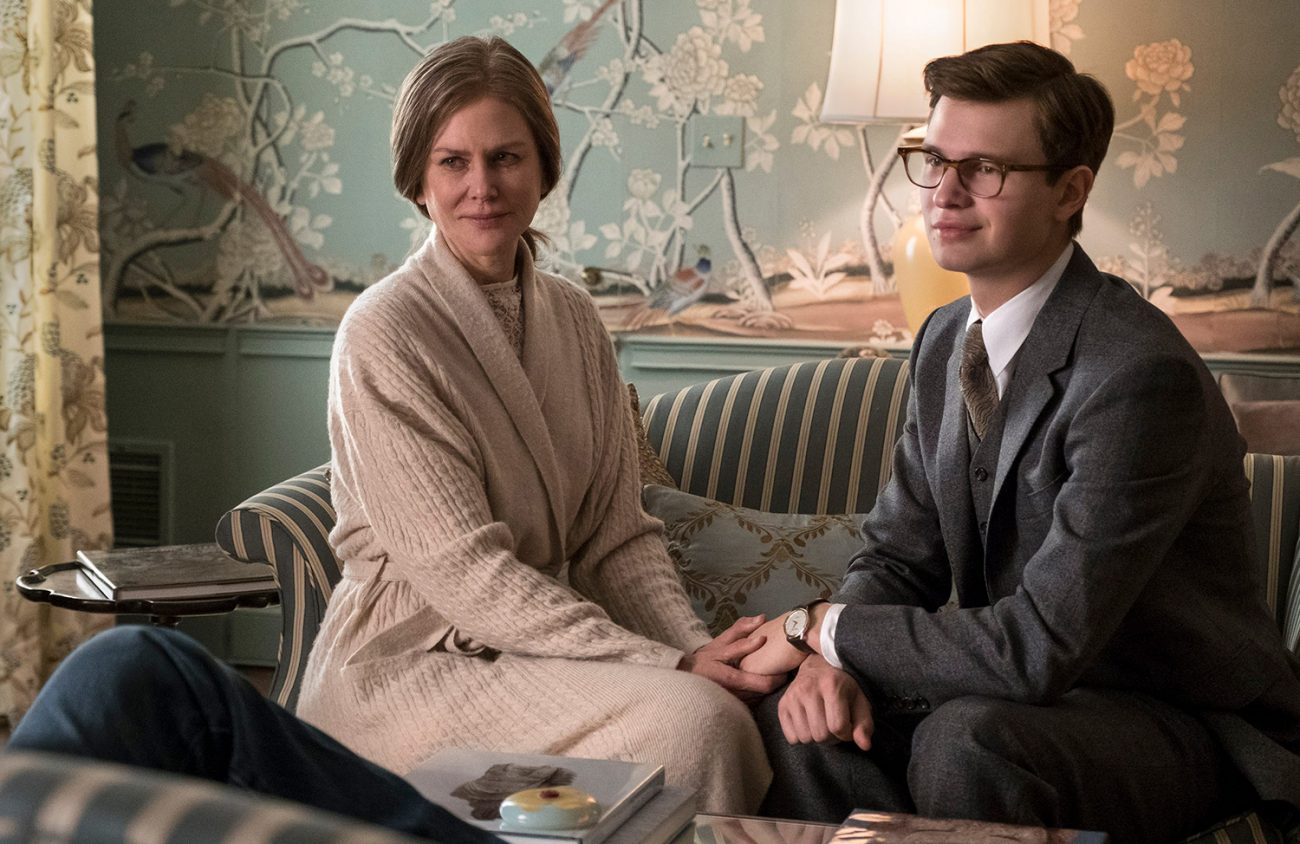When I heard there was going to be a movie adaptation of Donna Tartt’s The Goldfinch, the first thing I thought was, “Well, that’s going to be a long film.”
Clocking in at almost 800 pages, Tartt’s Pulitzer-winning novel twists and turns around the story of a boy named Theo who lost his mother in an unspecified terrorist attack at the Metropolitan Museum of Art in New York. Young Theo takes from the bomb-ridden scene a painting of a goldfinch, his mother’s favorite, which he cherishes in the aftermath.
The painting’s whereabouts drive the plot of the film, representing all human-art relationships, which can be so important and real in the face of trauma.
A lot of people love The Goldfinch novel. I thought it was OK. I tore through and adored another of Tartt’s books, The Secret History, which read as a riveting satire of the cult-like qualities of some small, northeastern liberal arts colleges. The Goldfinch was just too long.
But in watching the film adaptation, I realized that, ultimately, Tartt’s novel is aided by its length. The Goldfinch includes a lot of visceral detail and first-person monologues, offering readers an insight into the characters. Tartt expresses the relationship between Theo and his mother beautifully, and one can understand how devastated the boy must have been in facing such a loss.
In comparison, the movie never gives his mother a name, and it is only at the very end that we see her face. Without the strong narration and literary detail to guide the plot, the movie jumps around oddly, never quite forming full character illustrations that could endear the audience to any of them.
It is clear that we’re supposed to empathize with Theo (played, alternately, by Oakes Fegley and Ansel Elgort), our little precocious art-loving hero who jumps around in age throughout the span of the movie. But it was only out of a sense of obligation that I felt any emotion toward any of the people in the movie.
Nicole Kidman’s Mrs. Barbour, the matriarch of an Upper East Side family that Theo stays with after his mother dies, is supposed to be a “good” character. But Kidman is so dull, existing only as a beacon of classic New York City wealth, that it’s very difficult to feel any warmth toward her character.
When Theo’s deadbeat father and his girlfriend (Luke Wilson and Sarah Paulson) arrive to take Theo from his beloved Manhattan to Nevada, it was hard for me to feel sad about it. I thought a change of scenery might liven things up a little bit.
Sadly, Nevada isn’t much more interesting. Theo meets a new friend, an eccentric Ukrainian bad boy named Boris (Finn Wolfhard, of Stranger Things, and Aneurin Barnard), who introduces him to prescription drugs, cigarettes and vodka. Some of these parts are aesthetically engaging but, ultimately, all of the intoxicants and teenage revelry can’t manage to make the movie any less emotionally lackluster.
It’s a shame, too, because the story hints at so many interesting themes. The Goldfinch looks at mass grief in the face of senseless violence, and it delves into spiritual, dynamic relationships with art and objects.
But the film moves both too fast and too slow, treating the mysterious tragedy with both carelessness and melodrama. All we’re left with, in the end, is the bad taste of self-importance and confusion. (Bijou Art Cinemas)
